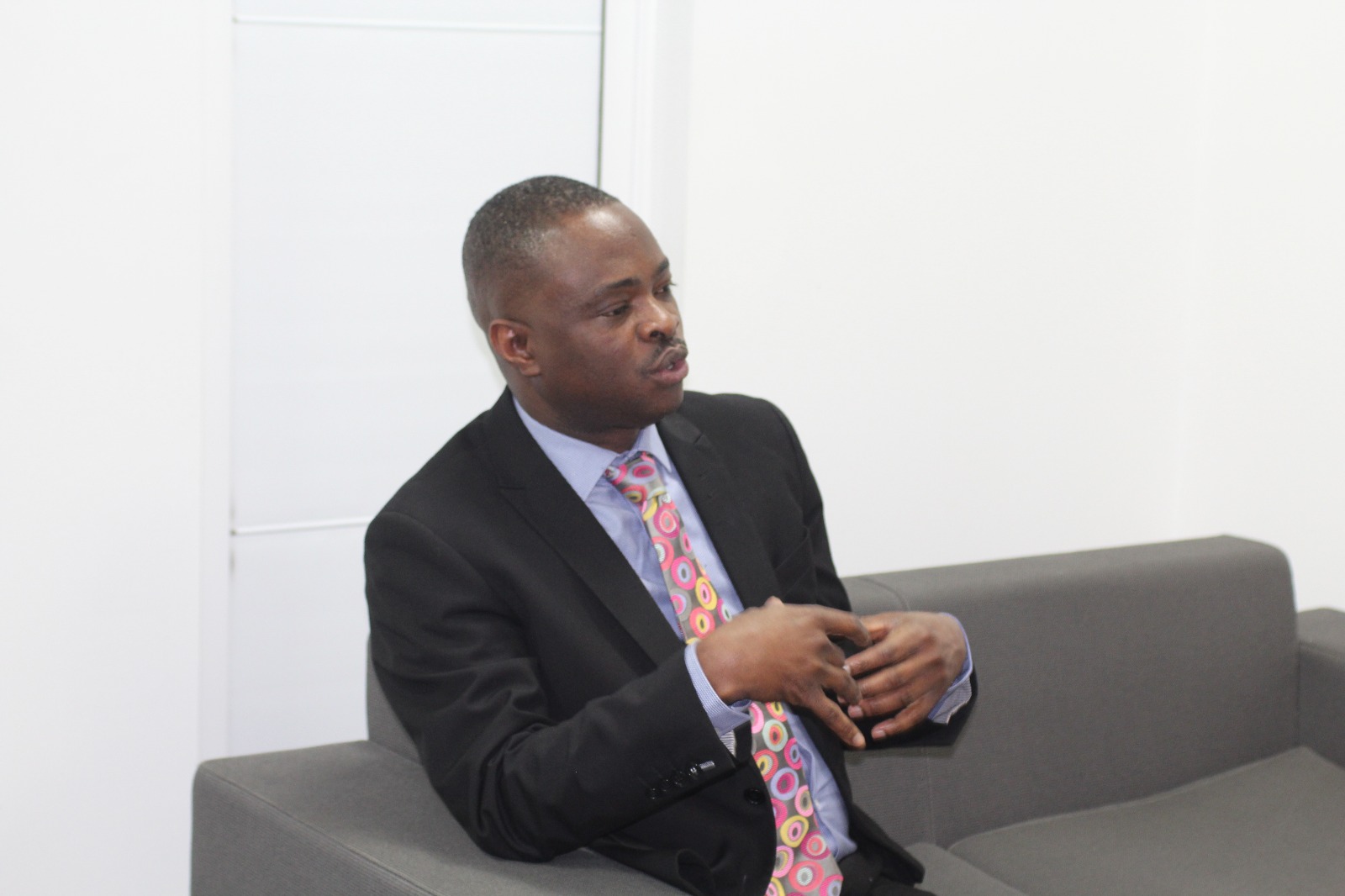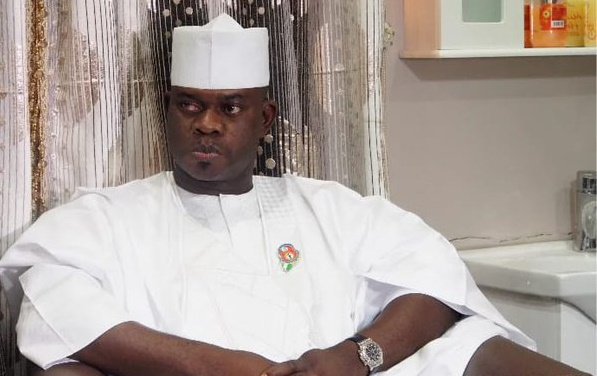By Joel Popoola
To many Nigerians, WhatsApp is the internet. 85% of Nigeria’s 24 million internet users – over 17 million people – use the application to keep in touch with friends and family. Increasingly, it is their main source of news too.
Less affected by unreliable internet connections than other platforms and not needing users to create profiles or remember passwords, it’s particularly popular with older Nigerians. And having not grown up with the internet like younger generations, some users have yet to learn that they cannot trust everything they read.
Current “news” being shared on WhatsApp by well-meaning Nigerians includes Russian President Putin releasing lions onto the streets to enforce his country’s own coronavirus lockdown.
One Nigerian woman’s tweet about her mother placing an onion in the corner of every room to “absorb toxins” after being forwarded the “advice” from “the WhatsApp mother’s cult” was retweeted almost 50,000 times, with a worrying number of Nigerians admitting their mothers had done the same thing.
Some Nigerians have reported being so bored of their mothers sending them advice about which underpants apparently give you cancer that they are muting them.
This is the wrong thing to do.
Think about the COVID-19 crisis. Thanks to WhatsApp, some Nigerians are – as we speak – sharing a video of the coronavirus leaving the Earth in the form of a giant flying dragon.
It may sound silly, but we all know older people are the most at risk from the deadly disease. If they don’t take the necessary steps to keep themselves safe because they believe this crisis is over as COVID-19 has taken the form of an enormous winged reptile and flown off into space, this nonsense could even become a matter of life and death.
Another COVID-19 myth making the rounds on African social media was the story of Chinese-owned businesses being destroyed across Nigeria. The video in question actually showed a street market in Ibadan on fire, but the video was viewed over a million times before Twitter removed it.
Younger generations of Nigerians are more digitally literate than their parents and grandparents. Instead of tuning out, they have a responsibility to educate and enlighten their relatives – as infuriating as it is.
Or, they could direct them to more reliable information.
I am the founder of the Digital Democracy project, created to use technology to bring people and politics closer together. One of our initiatives is the Rate Your Leader app. Using the free app, users are put in direct person-to-person contact with their local politicians. That way they can get information straight from the people who really know what they are talking about.
Of course, we are not so naive to believe that all politicians will give you good information.
America’s President, Donald Trump, has recommended fighting the coronavirus by drinking bleach, whilst Tanzanian President, John Magufuli, has recommended inhaling steam to kill off the virus. Despite coming from world leaders both these pieces of information were wrong, and potentially dangerous.
So this is where the rating comes in. If a politician gives out wrong information, voters can rate them badly. That way, their neighbours can objectively see if this source of information is a reliable one.
As our nation celebrates Democracy Day this week, it is important not just to celebrate the restoration of democracy to Nigerian but to think about its future. A future where Nigeria is Africa’s first truly digital democracy.
For the first time in our nation’s history, digital technology gives everyone the same access to information, and literally puts it in the palm of their hands.
But this information must be the right information.
Information which comes unfiltered from our political leaders and institutions, delivered in the spirit of transparency and accountability, carries the watermark of credibility that no alternative source can match.
And if people publicly endorse those sources of information, it creates a virtuous circle of improved trust in those leaders and institutions, and wider democratic engagement.
To some, this might sound a daunting challenge. But it is better than having your mother put an onion in the corner of every room.
Joel Popoola is a Nigerian tech entrepreneur, digital democracy campaigner and creator of the free Rate Your Leader app. Contact via Joel@rateyourleader.com

 News6 years ago
News6 years ago
 Featured6 years ago
Featured6 years ago
 Boss Picks6 years ago
Boss Picks6 years ago
 Headline6 years ago
Headline6 years ago
 Headline6 years ago
Headline6 years ago
 Headline5 years ago
Headline5 years ago
 Headline6 years ago
Headline6 years ago
 Headline6 years ago
Headline6 years ago













